Wada hacking scandal: What are therapeutic use exemptions?
Release of confidential medical records has raised questions about the legitimate use of banned substances
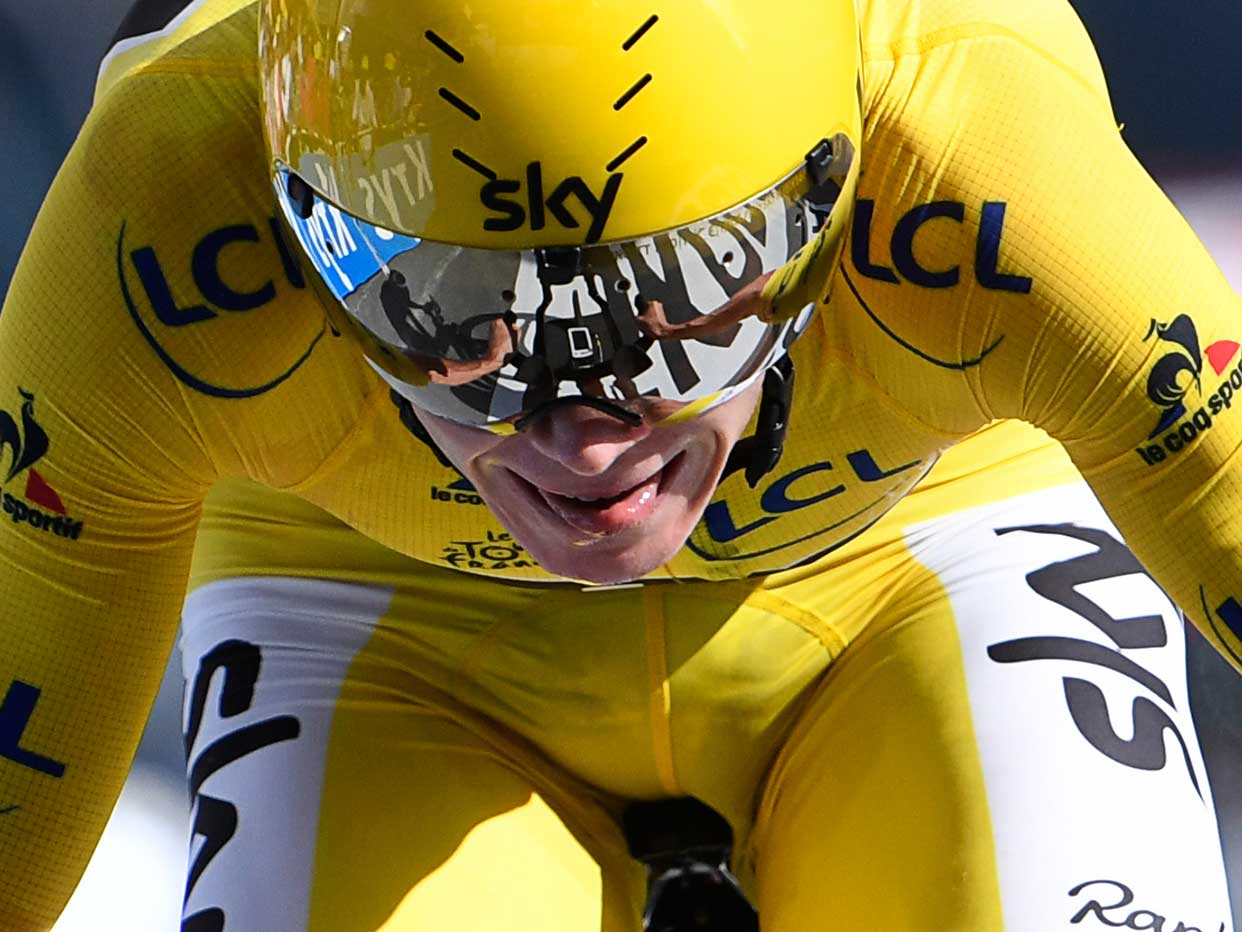
A free daily email with the biggest news stories of the day – and the best features from TheWeek.com
You are now subscribed
Your newsletter sign-up was successful
Confidential medical records that show leading Olympians – including Bradley Wiggins, Chris Froome, Simone Biles and Serena Williams – had legally used banned substances during their careers has prompted widespread discussion of the granting of therapeutic use exemption (TUE) certificates in sport.
It should be stressed that none of the athletes named in the leak has done anything wrong, but the hack has propelled TUEs into the debate over doping in sport.
What is a TUE?
The Week
Escape your echo chamber. Get the facts behind the news, plus analysis from multiple perspectives.

Sign up for The Week's Free Newsletters
From our morning news briefing to a weekly Good News Newsletter, get the best of The Week delivered directly to your inbox.
From our morning news briefing to a weekly Good News Newsletter, get the best of The Week delivered directly to your inbox.
A TUE is an exemption that allows an athlete to take medication that would otherwise be banned in order to treat a specific health problem.
The system is "designed to ensure those with a genuine medical condition for which there is no effective alternative treatment are not unfairly penalised, while at the same time trying to prevent them gaining an undue advantage over others", explains Ben Rumsby of the Daily Telegraph.
They are only valid for as long as the condition persists, although in some cases that means an athlete's entire career.
How are they granted?
A free daily email with the biggest news stories of the day – and the best features from TheWeek.com
Athletes must apply to their national anti-doping agency or international federation for a TUE, but they can also be issued retrospectively. It has been reported that Lance Armstrong, for example, once escaped a ban by obtaining a TUE for cortisone after testing positive for the drug in 1999.
Richard Ings, a former president of the Australian Anti‑Doping Agency, tells The Guardian that practices vary. Some "anti-doping agencies have TUE policies that are flexible at best", he says.
Ings, who also worked on the ATP tennis tour, explains how tennis "has an independent medical review board, which involves three doctors reviewing each TUE request from a player's physician and – where appropriate – granting their usage with strict limitations".
What do the leaks mean?
The implication of the leaks, which come from a Russian group, appears to be that Wada has allowed some athletes to take banned substances, while at the same time accusing Russia of running a state-sponsored doping programme.
"It's trying to draw the conclusion that Wada is complicit in allowing athletes to dope to deflect from the fact that Russia was complicit in allowing athletes to dope," says Ings.
Do they have a point?
In relation to the named athletes, no. Indeed, one of the athletes, Chris Froome, who suffers from asthma, has pointed out that the leak only serves to prove that he has been completely honest.
"I've openly discussed my TUEs with the media and have no issues with the leak which only confirms my statements," he said.
So is there a problem?
"The wider question of whether widespread TUE usage is appropriate is one that is increasingly debated within anti-doping and sports science circles," says Sean Ingle of the Guardian.
Some believe "that what started out as a legitimate practice... has been corrupted".
TUEs are controversial, agrees Rumsby of the Telegraph, and there is a "debate about whether they merely level the playing field or bestow an unfair advantage".
There are concerns that "some athletes or coaches have manipulated the TUE system", he says. "Mo Farah's coach, Alberto Salazar, is still under investigation by the United States Anti-Doping Agency over allegations which include TUE abuse. He denies any wrongdoing, while there is no suggestion of wrongdoing by Farah.
"The Lance Armstrong scandal also included claims about abuse of the TUE system."
-
 James Van Der Beek obituary: fresh-faced Dawson’s Creek star
James Van Der Beek obituary: fresh-faced Dawson’s Creek starIn The Spotlight Van Der Beek fronted one of the most successful teen dramas of the 90s – but his Dawson fame proved a double-edged sword
-
 Is Andrew’s arrest the end for the monarchy?
Is Andrew’s arrest the end for the monarchy?Today's Big Question The King has distanced the Royal Family from his disgraced brother but a ‘fit of revolutionary disgust’ could still wipe them out
-
 Quiz of The Week: 14 – 20 February
Quiz of The Week: 14 – 20 FebruaryQuiz Have you been paying attention to The Week’s news?
-
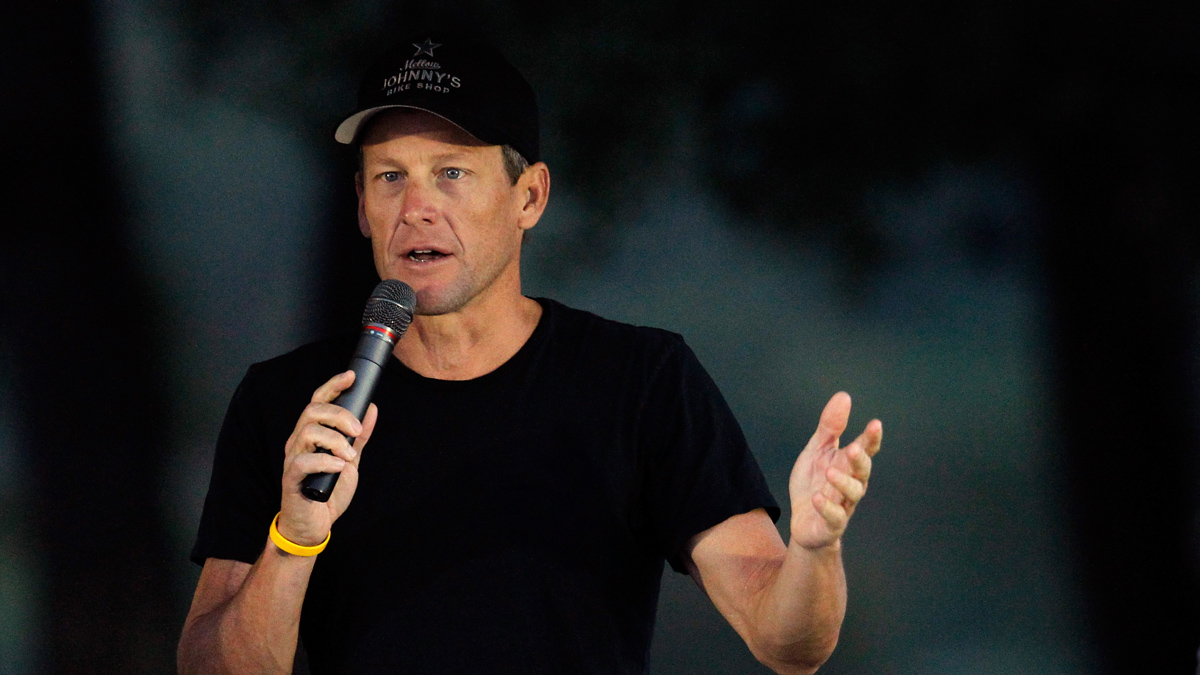 The biggest sports scandals of the 21st century
The biggest sports scandals of the 21st centuryIn Depth Lance Armstrong, Tiger Woods and football’s governing body have all shocked the world
-
 Doping in sport: should cannabis be on the list of banned substances?
Doping in sport: should cannabis be on the list of banned substances?feature World Anti-Doping Agency will launch a scientific review next year
-
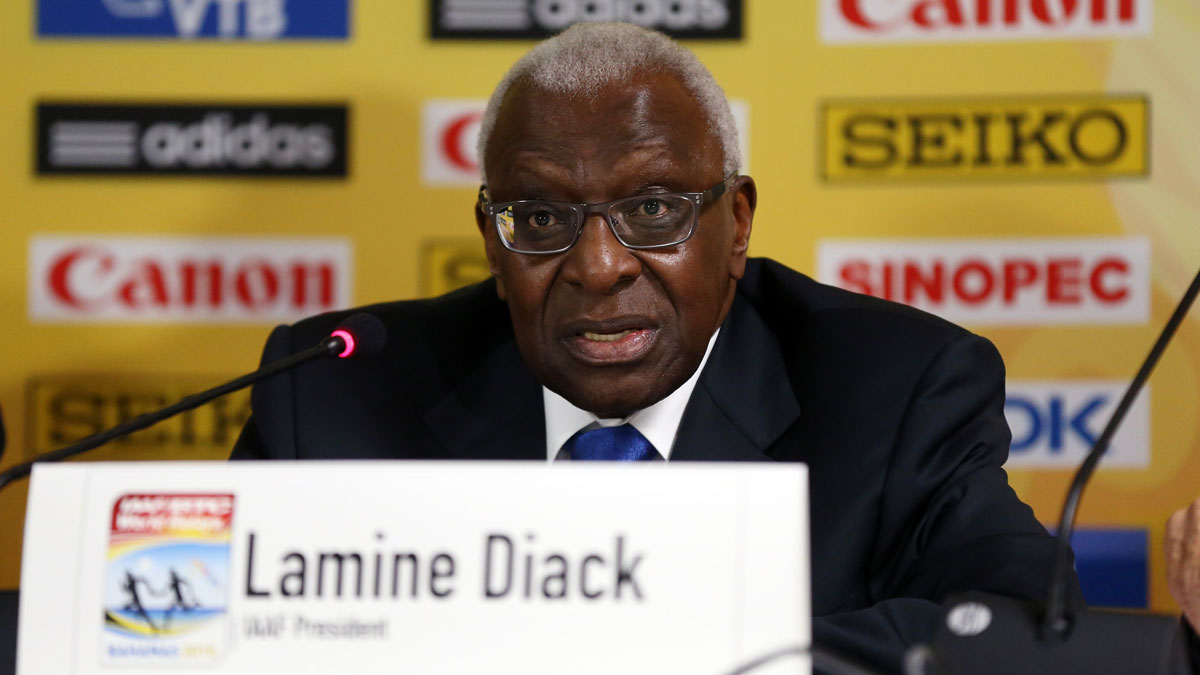 Sports shorts: disgraced athletics chief Lamine Diack goes on trial, Patrick Mahomes inspires Chiefs
Sports shorts: disgraced athletics chief Lamine Diack goes on trial, Patrick Mahomes inspires ChiefsDaily Briefing Ten things from the world of sport on Monday 13 January
-
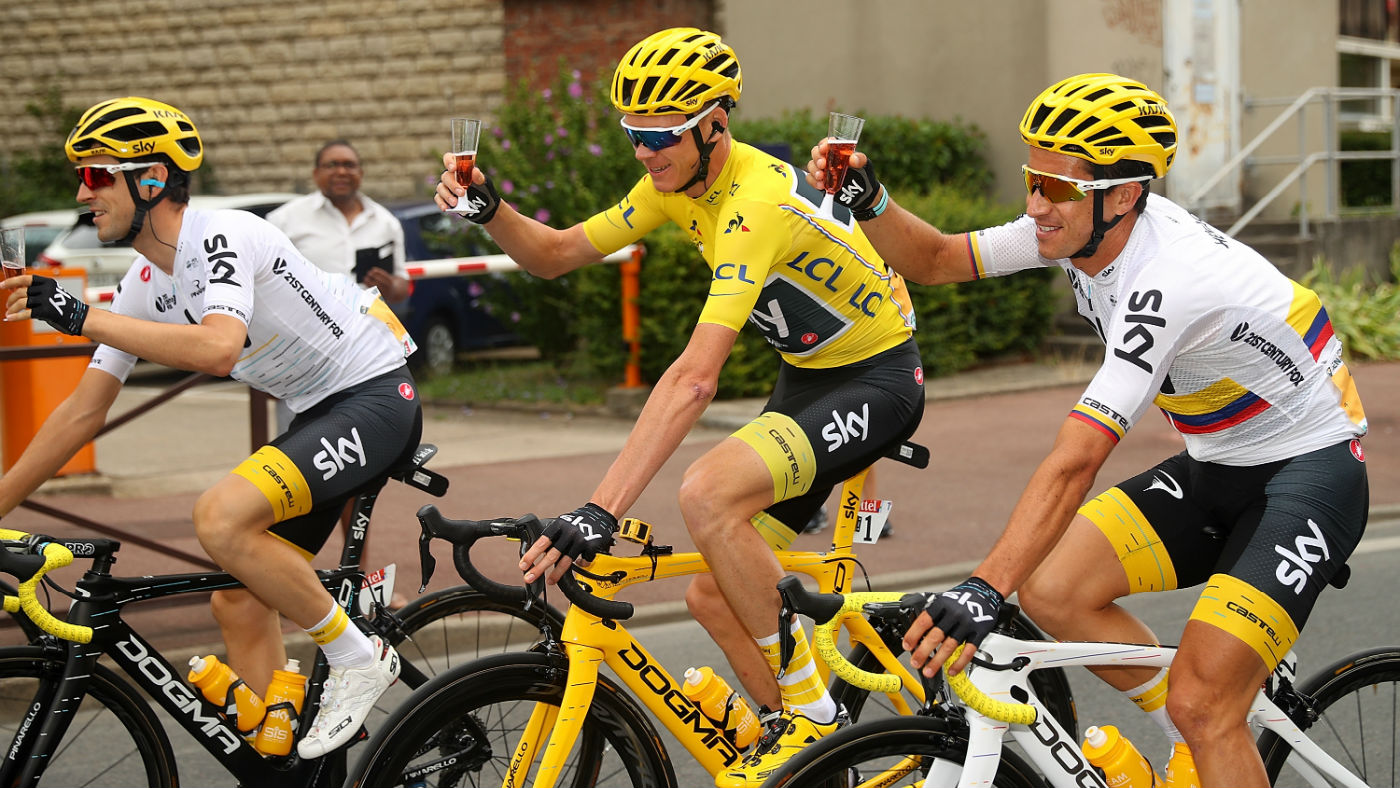 The Decathlon: cyclist Chris Froome ‘not in great shape’ after high-speed crash
The Decathlon: cyclist Chris Froome ‘not in great shape’ after high-speed crashDaily Briefing Ten things from the world of sport on Thursday 13 June
-
 Today’s back pages: Man Utd tell Real Madrid to pay £150m for Paul Pogba
Today’s back pages: Man Utd tell Real Madrid to pay £150m for Paul PogbaSpeed Read A round up of the sport headlines from UK newspapers on 13 June
-
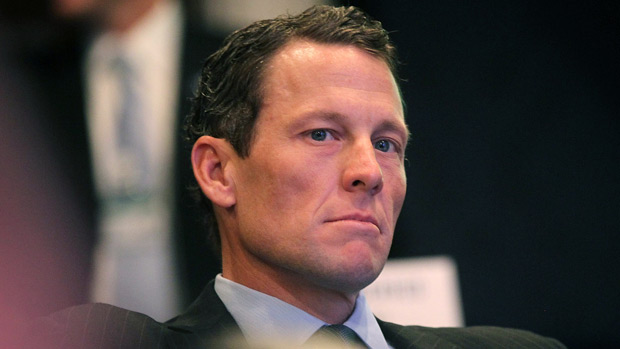 The Decathlon: doping cheat Lance Armstrong ‘wouldn’t change a thing’
The Decathlon: doping cheat Lance Armstrong ‘wouldn’t change a thing’Daily Briefing Ten things from the world of sport on Friday 24 May
-
 Tour de France: victory is ‘stuff of dreams’ for Geraint Thomas
Tour de France: victory is ‘stuff of dreams’ for Geraint ThomasSpeed Read How the cycling world reacted to the Welshman’s stunning Tour win
-
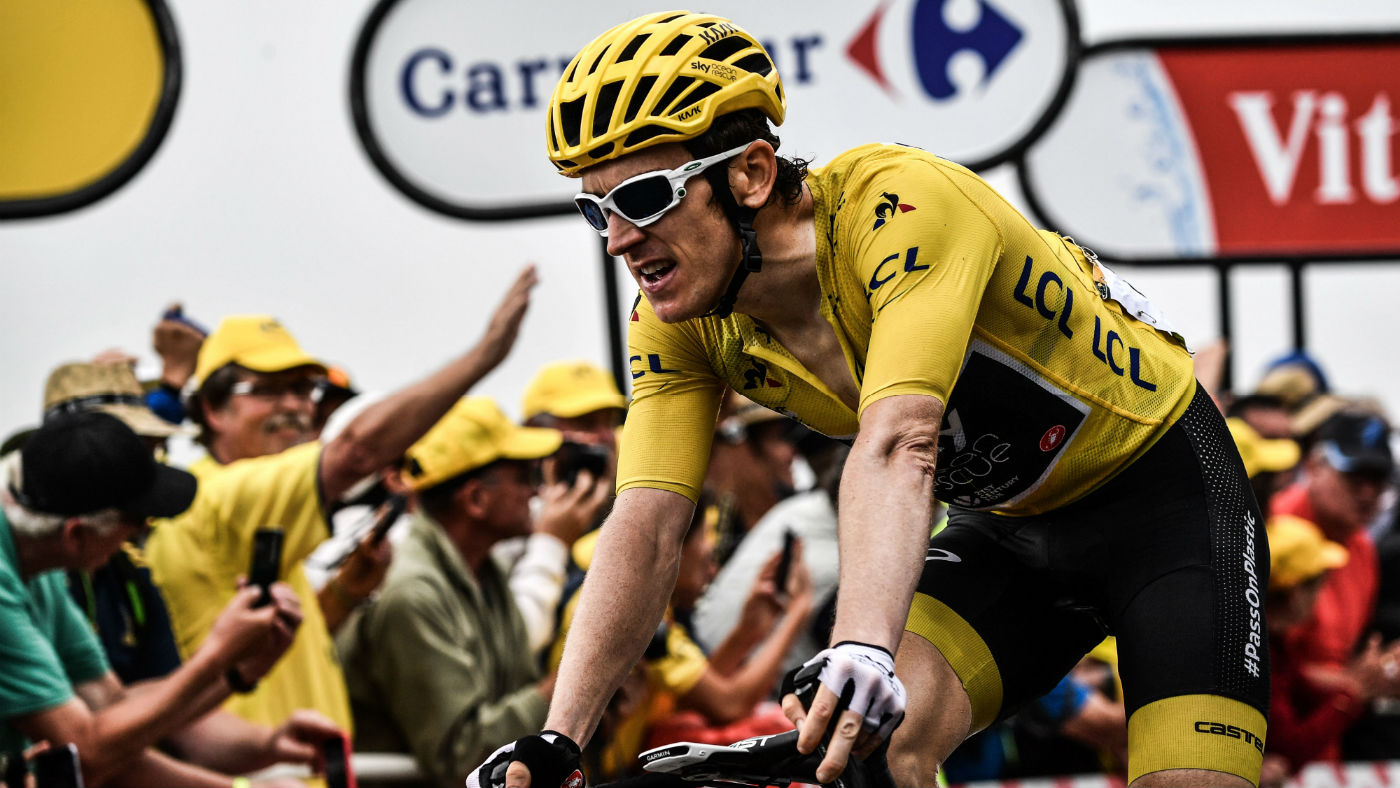 Tour de France: Geraint Thomas rides nearer to the title
Tour de France: Geraint Thomas rides nearer to the titleSpeed Read Defending champion Chris Froome pledges loyalty to Team Sky buddy